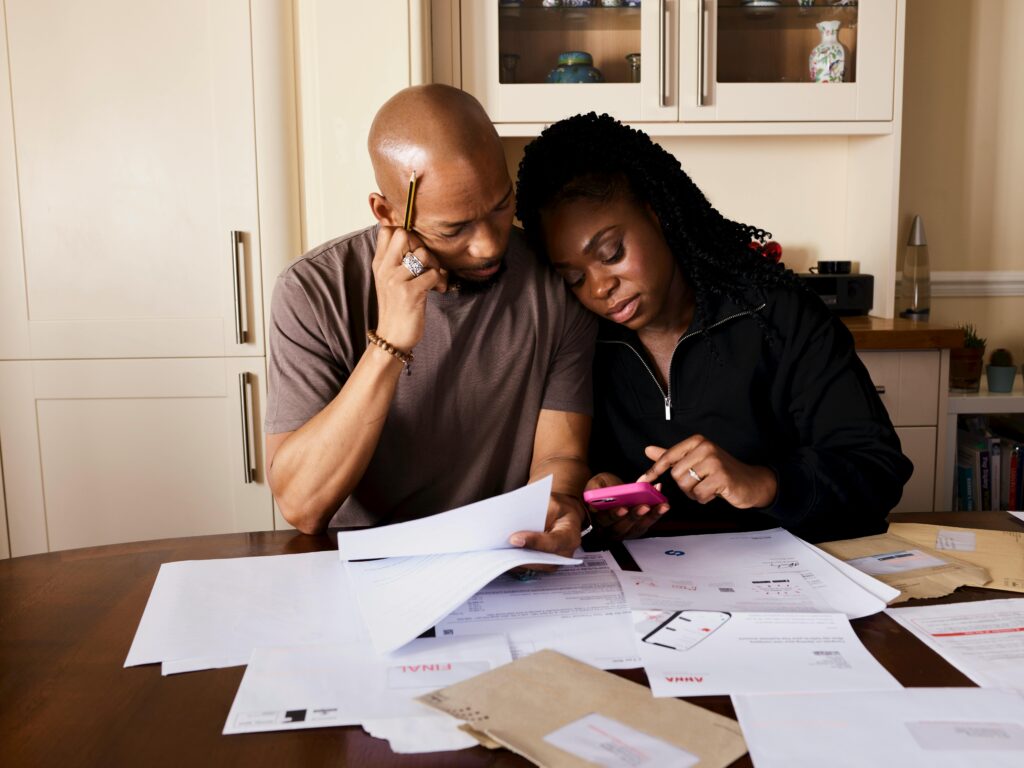
Is Chapter 13 Bankruptcy My Best Option?
Chapter 13 remains an option for individuals, couples, and sole proprietors (not corporations) who are struggling financially. With the changes to the Bankruptcy Code made in 2005, many people have been required to seek relief by filing bankruptcy under Chapter 13 rather than Chapter 7. When the debtor’s income exceeds the state’s median income, he or she may not be eligible to file Chapter 7 because the law determines that the person has enough funds available to repay a portion of his or her debt.
Those people that are considering bankruptcy are subjected to a calculation called “The Means Test” if their current monthly income is higher than the state median for a family of the same size.
NoWorriesBankruptcy.com will “run” the Means Test for you, and if there is too much disposable income remaining in your budget after you have deducted allowable living expenses, you may have to file Chapter 13 Bankruptcy.
How Chapter 13 Bankruptcy Works
he Debtors in a Chapter 13 Bankruptcy enter into a monthly repayment plan that lasts from 3 to 5 years. Monthly payments are a fixed amount derived from a debtor’s “disposable monthly income,” and require a specific calculation that you would want to be performed by an experienced bankruptcy attorney.
Chapter 13 Bankruptcy may often serve to protect families who are on the verge of losing their home to foreclosure or their car to repossession by putting them into a payment plan they can afford.
As with Chapter 7 the moment you file a Chapter 13 Bankruptcy an “automatic stay” goes into effect that protects the debtor, at least temporarily, from any collection efforts. This means you can immediately halt foreclosure or repossessions by filing a Chapter 13 Bankruptcy.

Higher-income debtors may file a Chapter 13 Bankruptcy because they are overwhelmed by unsecured debts. Doing so allows them to freeze late fees, penalties, and interest while they slowly pay back part of their debt. At the conclusion of their Chapter 13 payment plan, any balances that remain on unsecured debts are fully discharged. Most often the payments required to be paid with a Chapter 13 plan are substantially smaller than if the debtor made payments to the creditors directly. This is in part because the creditors will not be paid with the contract and/or default rate of interest. Very often unsecured creditors will not be paid any interest. The monthly payments are directed to the trustee of the bankruptcy court over three to five years, and the trustee is responsible for disbursing the funds to the creditors.
Chapter 13 also provides a great opportunity to bring past due mortgage payments current, to pay recent tax debts in full, or to catch up on unpaid child support obligations.
Benefits of Chapter 13 Bankruptcy include…
You may consider Chapter 13 Bankruptcy if…
…you have a steady income but you are confronted with an imminent foreclosure or repossession. Also, if you earn too much money to qualify for Chapter 7 Bankruptcy but the total of your unsecured debt is so great you can’t possibly pay it off within the next 5 years.
The consequences of Chapter 13 Bankruptcy include…
…3 to 5 years is a long time to be bound to a repayment plan and many of the debtors who file for Chapter 13 Bankruptcy fail to complete their bankruptcy payment plans. Filing for bankruptcy has a negative impact on your credit score. Further, you surrender a great deal of control over your own finances to the Court while you are in an active Chapter 13 Bankruptcy.
